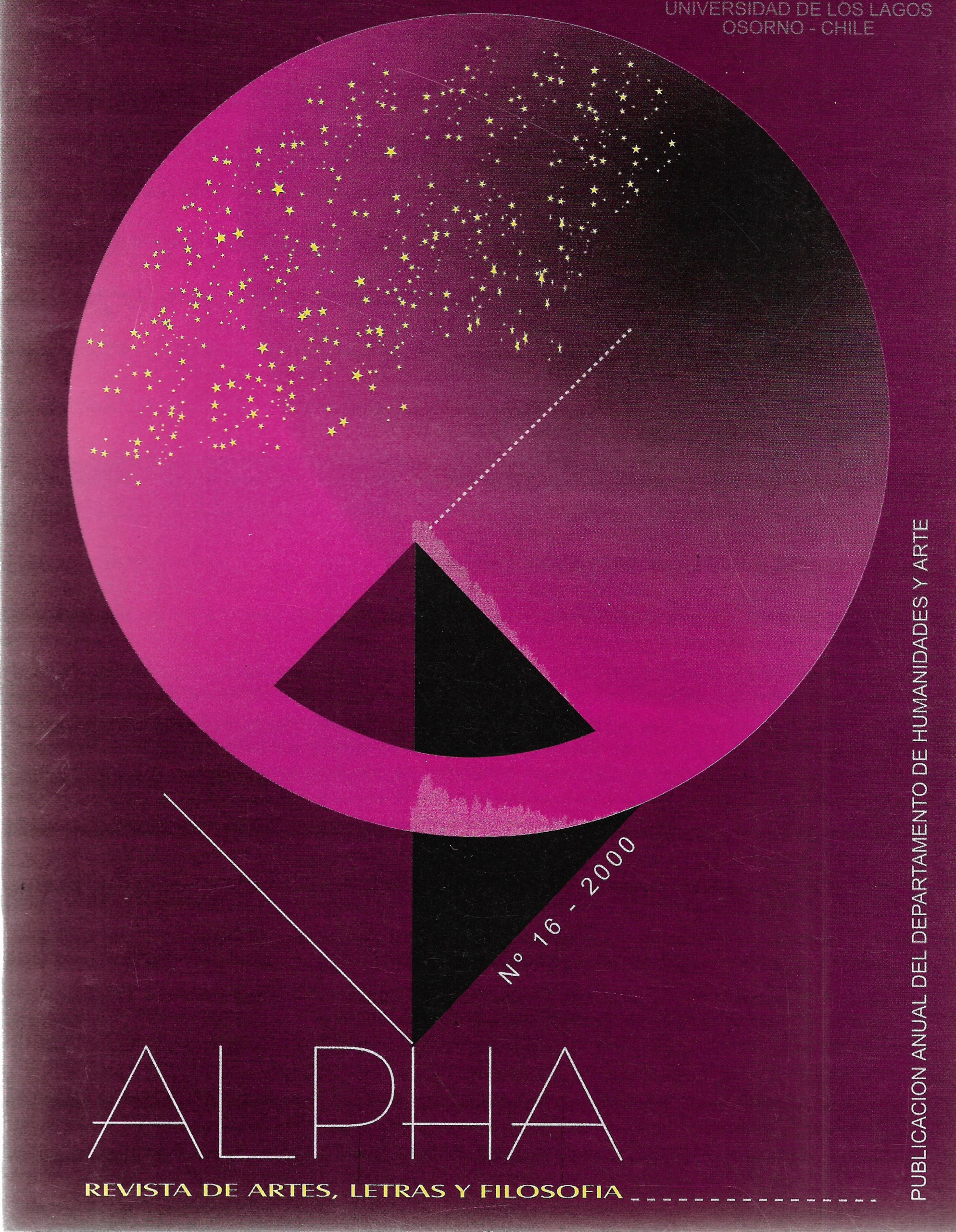The Analysis of Spoken Discourse: Intersubjective Evaluation and Levels of Analysis
Main Article Content
Abstract
The concern of linguists in recent decades with the phenomena of language analysis beyond the sentence and the growing interest in performance and the need to understand and explain the language in action, that is, in interaction, required overcoming the abstract consideration of language as an internalized knowledge of a hypothetical ideal speaker-listener to move on to the dimension that discourse is a social and cultural phenomenon (Van Dijk 1997:2) so that its analysis could be considered an inter-discipline in which the analysis of language joins and merges with other areas of social sciences both in theory and in its analysis.
The term discourse analysis is ambiguous due, on the one hand, to the methodological approaches with which it has been approached and, on the other, to the broad field it covers, being studied in areas as diverse as sociolinguistics, psycholinguistics, and the philosophy of language. , philosophical linguistics (speech acts), and, currently, computational linguistics. For some, discourse has to do with oral language and they use the term text to refer to what is written.
Article Details
Downloads

This work is licensed under a Creative Commons Attribution-NonCommercial 4.0 International License.
